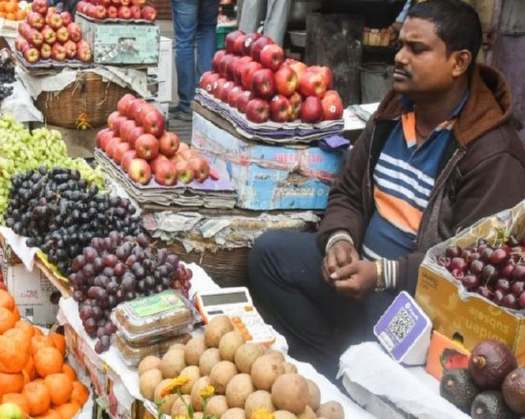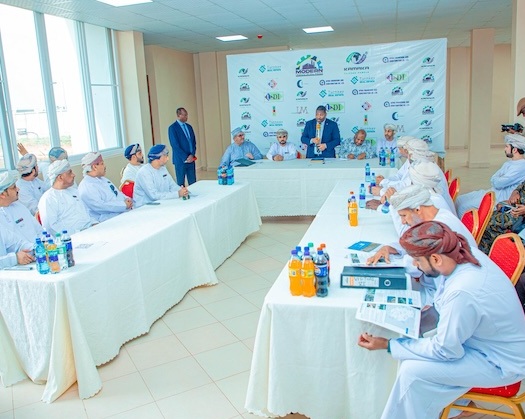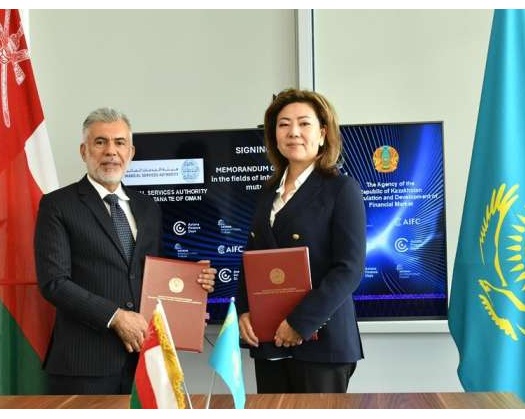New Delhi: India's exports of fruits and vegetables have experienced a remarkable increase of 47.3 percent in volume from the financial years 2019-20 to 2023-24, as reported by the Ministry of Commerce & Industry.
This impressive growth is largely attributed to the financial support initiatives offered by the Agricultural and Processed Food Products Export Development Authority (APEDA) under the Department of Commerce.
In an official statement, the ministry highlighted that "APEDA's financial assistance schemes have contributed to a 47.3 percent increase in India's fruit and vegetable exports."
APEDA has been actively aiding exporters through various programs under the Agriculture and Processed Foods Export Promotion Scheme. This includes financial support for establishing critical export infrastructure such as packhouses equipped with grading and packing lines, pre-cooling units, cold storage facilities, refrigerated transport, and treatment options like irradiation, vapor heat treatment, and hot water dip treatment. Such infrastructure is vital for ensuring that exported fruits and vegetables comply with international quality standards.
To further improve product quality, financial assistance is provided for acquiring laboratory testing equipment, implementing quality management systems, and utilizing handheld devices for tracking farm-level data. This support also encompasses testing for water, soil, and pesticide residues to satisfy the rigorous standards set by importing nations.
Additionally, the ministry noted that APEDA aids exporters in broadening their market presence by facilitating participation in international trade fairs, organizing buyer-seller meetings, and enhancing packaging standards. These initiatives significantly enhance the global competitiveness of Indian agricultural products.
In the financial year 2023-24, India successfully exported fresh fruits and vegetables to 123 nations. Over the past three years, Indian agricultural products have penetrated 17 new markets, including Brazil, Georgia, Uganda, Papua New Guinea, the Czech Republic, and Ghana.
To further improve market access, the Ministry of Agriculture & Farmers Welfare (MoA&FW) and APEDA have pinpointed essential products and target countries for targeted trade negotiations.
The ministry has also emphasized its commitment to developing sea transport protocols for horticultural goods, stating that this initiative aims to lower logistics costs and facilitate larger export volumes.
Regular dialogues are being conducted with authorities in importing countries, with support from Indian diplomatic missions abroad. These discussions are centered on facility registration and adherence to phyto-sanitary regulations, ensuring that Indian fruits and vegetables comply with international safety and quality standards.
Through these ongoing efforts, APEDA continues to play a vital role in enhancing India's agricultural export capabilities.










